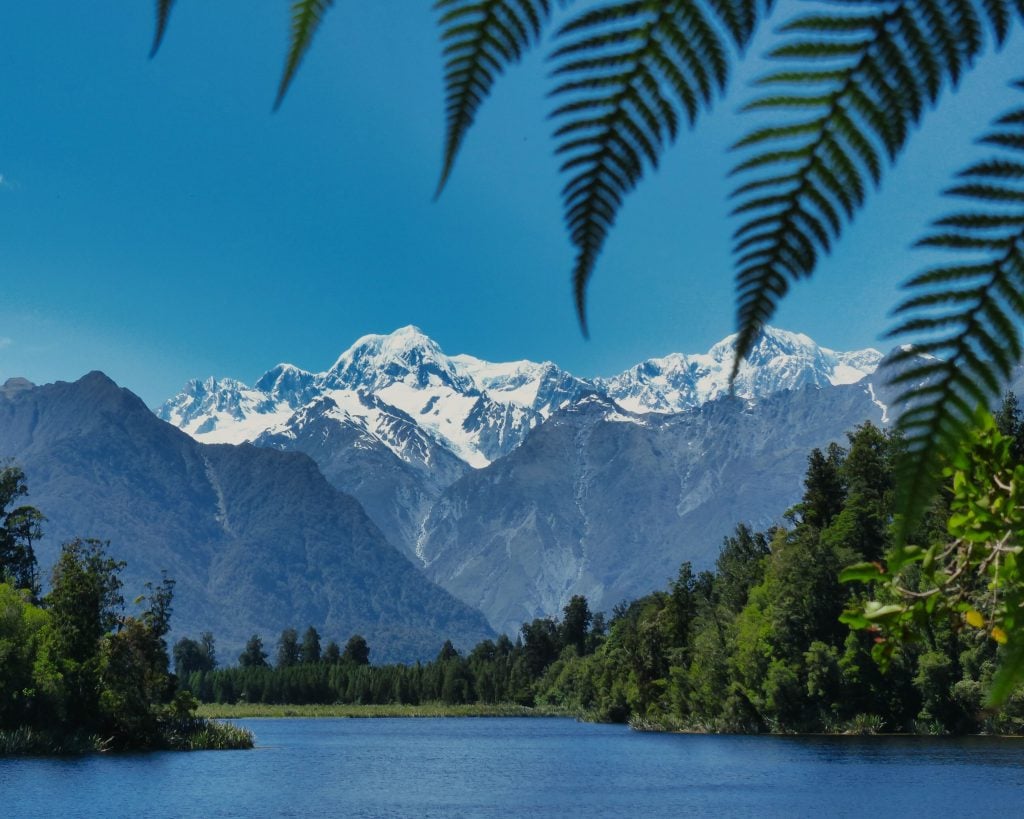Why are Mountains Important?
Overall, mountains are not only breathtaking natural features but also vital components of Earth’s ecosystems, water resources, climate systems, and cultural heritage. Protecting and conserving mountains is essential for maintaining the balance of our planet’s ecosystems and ensuring the well-being of both nature and human communities. Why are Mountains Important? Mountains are important for several reasons:
Mountains are important for water.
Mountains are the ‘water towers’ of our planet, providing 60 to 80 percent of all freshwater resources. However, existing records show that glaciers in mountain ranges around the world are retreating and disappearing due to climate change. In recent years, at least 600 glaciers have completely disappeared, affecting the water resources of billions of people living downstream.
Mountains are important for disaster risk reduction.
They trigger climate change-induced disasters. Avalanches, mudflows, and landslides flow downhill, destroying forests, submerging communities and populations.
Mountains are important for tourism.
Mountain destinations attract around 15-20 percent of global tourism and are areas of significant cultural diversity, knowledge, and heritage. While mountain tourism has the potential to promote economic development in remote and isolated areas, many mountain communities still do not benefit from it and live in poverty.
Food.
Mountains are important centers of agricultural biodiversity and host many food crops such as rice, potatoes, quinoa, tomatoes, and barley. However, they also host some of the world’s most food-insecure people who are highly vulnerable to food scarcity and malnutrition, and climate change affects mountain agriculture.
Youth.
Despite the scenic beauty, life in the mountains can be challenging, especially for rural youth. There has been a youth exodus and increased labor shortage as young people leave their villages in search of employment. The outmigration from the mountains leads to increased abandonment, degradation, and frequent forest fires on agricultural land. Cultural values and ancient traditions are lost at the community level.
Biodiversity.
Half of the world’s biodiversity hotspots are concentrated in mountains, supporting approximately one-quarter of terrestrial biological diversity. Mountains are home to rare animals such as gorillas, snow leopards, and majestic ibex, as well as stunning plant species like orchids and lobelias.
Mountains are a powerful solution for green energy.
Mountainous regions provide suitable high ground for renewable energy facilities, such as wind, hydroelectric, solar, and biomass. Hydroelectric power, often generated using moving water in mountainous areas, is one of the most prominent examples. Therefore, it is not surprising that many hydroelectric projects are located in mountainous regions.
Contrary to the common belief that mountains are not the best places for solar energy, research conducted in the Swiss Alps shows that the sun can produce more energy in winter compared to summer. Many other countries that have solar energy installations in mountainous areas are also experiencing positive results.
It may interest you. Click Here To See All Adventure Tourism.





